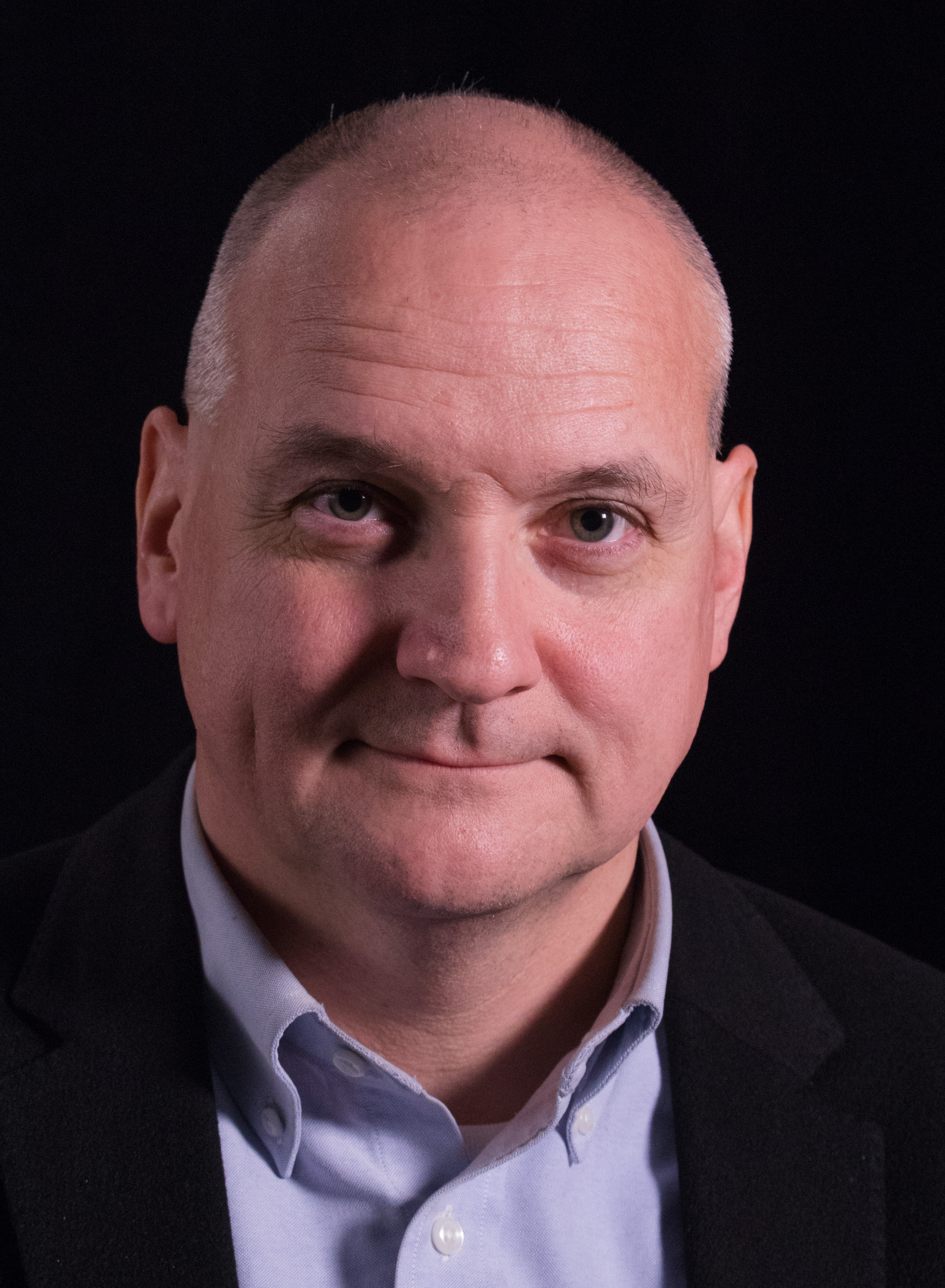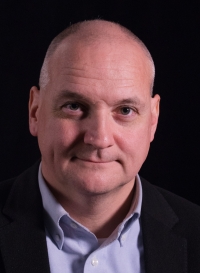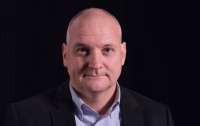Where we are today is a reflection of who we are

Download image
Václav Bartuška is a contemporary Czech diplomat, politician and publicist. He was born on 14 July 1968 in Prague. In 1987 he started studying at the Faculty of Journalism in Prague. In August 1988 he took part in an unauthorised demonstration commemorating the 20th anniversary of the Soviet occupation. About a week later he was arrested by State Security officers and subjected to a five-hour interrogation. Because of his participation in the illegal demonstration, he lost his job in the editorial office of the magazine Mladý svět and was threatened with expulsion from the faculty. He experienced a police massacre against a student assembly on 17 November on Národní třída. Subsequently, Prague students went on strike and Václav became a member of the student strike committee. From 29 November 1989 to May 1990, he served as a student representative on the Joint Commission of the Federal Assembly and the Czech National Council to oversee the investigation of the events of 17 November. During his work in the committee he became closely acquainted with the functioning of State Security. On the basis of his work in the committee, he published the book Polojasno, which became a best-selling title. Václav used the money earned from the book to travel the world. In 1992 he completed his studies at the Faculty of Journalism. In 1998, he worked as a journalist at the daily Mladá fronta Dnes, and then became the General Commissioner for the Expo in Hannover. Later, he also owned a company dealing with the organisation of exhibitions and the preparation of marketing studies. He participated in the foundation od the Václav Havel Library. Since 2006 he has been the Czech Republic’s Special Ambassador for Energy Security.

